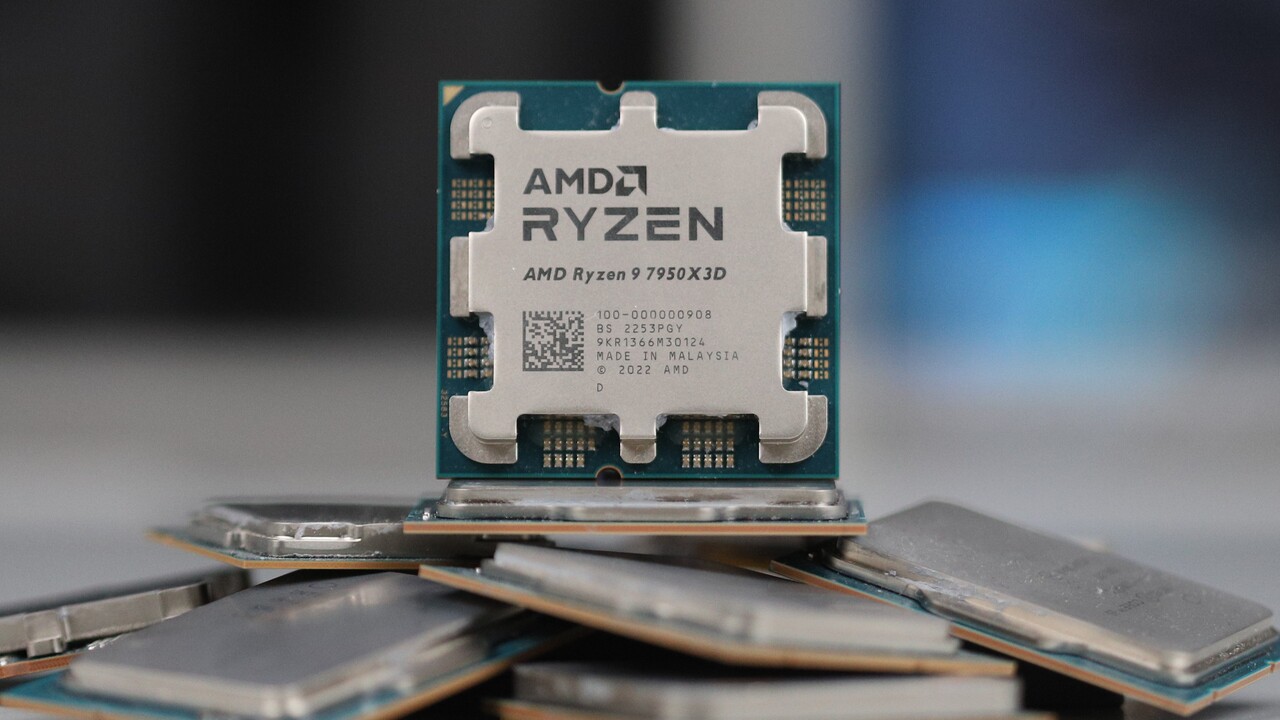The problem is that not all retail 13900Ks are guaranteed to hit 8000 and you almost certainly want one of the top end motherboards with that to get the higher layer count and improved signal integrity.
At the end of the day you are talking $700 extra on the RAM and Mobo plus an extra $160 on the CPU when you could just get a 7800X3D and get way better power consumption, platform longevity, and similar if not better performance depending on your game selection. 1% lows on the 3D cache chips are insanely good. There's really no need for this many cores for the average consumer anyways.
The bigger question you'd have to ask yourself after all that is if the 13900K would even be the top performer vs a stock or tuned AMD comparative system. The 13900K gains less than 1% at 1080p with DDR5 7400, I'm not really sure it could beat the 7950X3D.
View attachment 285725
Game selection is everything with the 3D cache chips. Many titles that massively benefit like factorio and MS Flight sim were not included here. 1% lows aren't included here either. VR sees a very large benefit.
Heat load absolutely matters for cooling. Not just that it makes the CPU harder to cool but also that said heat is being dumped into the room.
To be fair, you are going to reach the price difference the instant you want to upgrade that Intel system as it's a dead end platform.
Mind you, if you are fine with getting 2nd best like the 13900KF, you'd be fine with something like a 7950X, which is currently $589.
I don't see the point of only using a 13900K or 7950X for only 4 hours a day. If you aren't putting all those extra cores to use you are wasting your money. Might as well get a 7800X3D at that point and spend even less money as compared to the 13900KF.
And was it really necessary to use the 13900KF for comparison when the 13900K is a single dollar more?
The 7950X3D and 13900K are targeted at professionals and prosumers that are intending on using those cores and they may often including running multi-day workloads letting the system run nearly 24/7. Numbers also don't take into account cooling costs during the summer. You are probably looking at $600+ for each 13900K system over the 7950X system per year if you are running these in a professional capacity.
It's very easy to see why this processor would be appealing to everyone but those that just buy the best as epeen.
Intel's 13th gen CPUs do not power scale that well:
View attachment 285721
You can limit Ryzen 7000 series and loose little performance. With Intel you are going to loose a very significant chunk.







